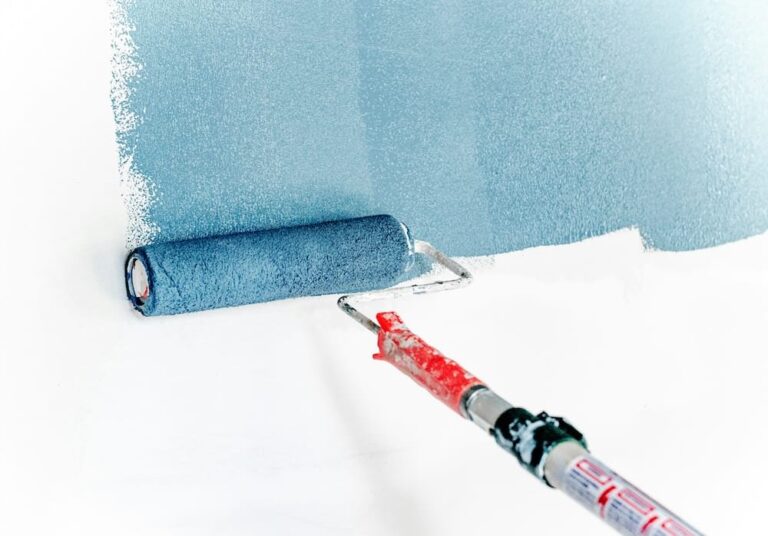paint
French words for “To Paint,” “Paint,” “Painter,” and “Painting”
French words associated with painting:
1. To Paint: “Peindre” (Verb)
The French verb for “to paint” is peindre. It’s an irregular verb, so its conjugations in various tenses don’t follow regular patterns.
Conjugation of “peindre” in the present tense:
- Je peins (I paint)
- Tu peins (You paint, informal)
- Il/Elle/On peint (He/She/One paints)
- Nous peignons (We paint)
- Vous peignez (You paint, formal or plural)
- Ils/Elles peignent (They paint)
Example:
- Je peins un tableau. (I am painting a picture.)
Conjugation of “peindre” in the past tense (passé composé):
In the passé composé, the verb peindre uses the auxiliary verb avoir and the past participle peint.
- J’ai peint (I painted)
- Tu as peint (You painted)
- Il/Elle/On a peint (He/She/One painted)
- Nous avons peint (We painted)
- Vous avez peint (You painted, formal or plural)
- Ils/Elles ont peint (They painted)
Example:
- Elle a peint la porte en bleu. (She painted the door blue.)
2. Paint: “Peinture” (Noun)
The French word for “paint” is peinture. It is a feminine noun. It refers to the substance or material used for painting.
Example:
- J’ai acheté de la peinture pour la chambre. (I bought paint for the bedroom.)
Related Expressions:
- Peinture à l’huile (oil paint)
- Peinture acrylique (acrylic paint)
3. Painter: “Peintre” (Noun)
The French word for “painter” is peintre. It can refer to an artist who paints, or someone who paints walls, houses, etc. The word peintre is the same for both masculine and feminine forms.
Example:
- Mon amie est peintre. (My female friend is a house painter.)
- Il est un célèbre peintre. (He is a famous painter.)
4. Painting: “Tableau” or “Peinture” (Nouns)
In French, there are two common words for “painting”:
- Tableau: This refers to a finished artwork, often framed and displayed.
- Peinture: This can mean either the act of painting or the artwork itself.
Examples:
- Ce tableau est magnifique. (This painting is magnificent.)
- Il adore la peinture abstraite. (He loves abstract painting.)
Note: While both words can mean “painting,” tableau is more specific to the final artwork, and peinture can refer to both the artwork and the process.
Summary Table
| English | French | Example in French | Example in English |
|---|---|---|---|
| To paint | Peindre | Je peins un mur. | I am painting a wall. |
| Paint (noun) | Peinture | J’ai besoin de plus de peinture. | I need more paint. |
| Painter | Peintre | Le peintre travaille sur un nouveau projet. | The painter is working on a new project. |
| Painting (art) | Tableau/Peinture | Ce tableau est célèbre. | This painting is famous. |






